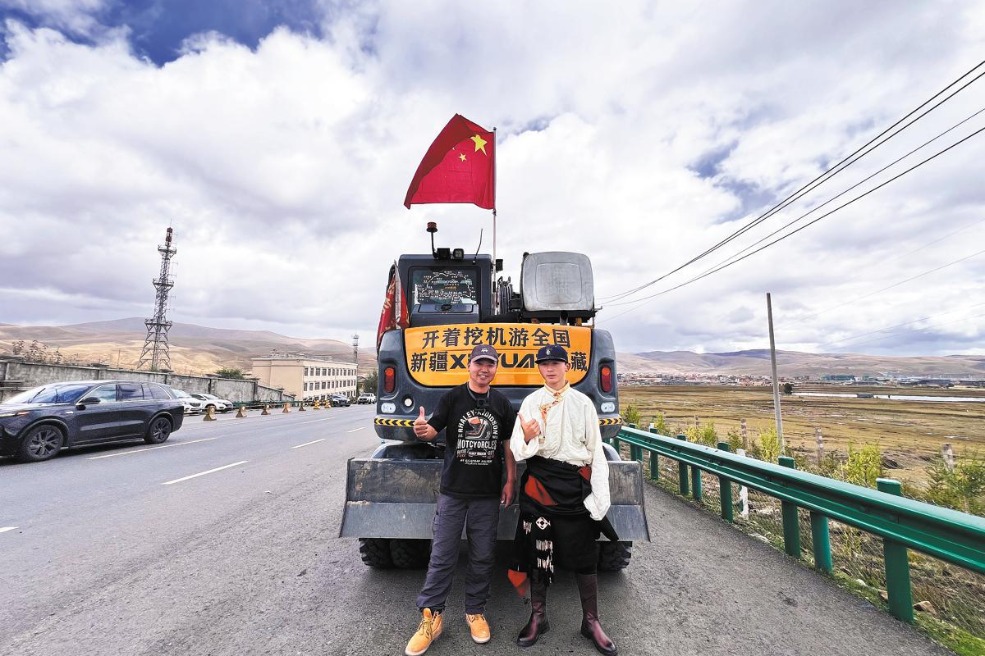Chinese village on a cliff descends out of poverty

CHENGDU - Wang Yong's ancestors moved to a precipitous cliff at an altitude of 1,600 meters in west China from south more than 300 years ago.
Named Shengli (Victory), the cliff village by the roaring Dadu River in Sichuan Province was a fabled land of peace. Such was its isolation that the village avoided involvement in many wars, but similarly avoided much involvement in commerce and fell into poverty.
With the Chinese government determined to end poverty by 2020, Shengli villagers have packed up and descended the mountain.
SHOULDERING RESPONSIBILITIES AND PIGS
Chinese farmers can call anywhere home as long as they have land to grow something.
In the Kangxi period of the Qing Dynasty (1616-1912), Sichuan's population had been reduced to 600,000, mainly due to war. The Kangxi government called on people, mainly from Hubei and Guangxi, to re-inhabit Sichuan's empty spaces.
Wang's ancestors came from Guangxi. "Perhaps they trekked for a long time without finding a suitable place, so when they saw a flat piece of land halfway up a mountain, they decided to stay," said Wang, 43, Party secretary of Shengli Village.
For hundreds of years, they provided for themselves by growing corn and sweet potatoes. Rice was a rare luxury for villagers only to be eaten during important festivals.
Poultry farming helped a little, but the problem was carrying things down the mountain.
At least two villagers were needed to carry a single pig to market on their right shoulders because the cliff was on their left.
"If the pig struggled, it would sometimes fall into the valley; otherwise the pig might win the struggle and throw us in," recalled Wang Anyou, Wang Yong's father.
"Even monkeys need to wear hiking boots in this mountain," he joked.
Villagers had to carry everything up the cliff from chopsticks to televisions.
Wang, 71, was a man of unusual strength when he was young. His old house on the cliff is still home to a table weighing around 80 kilograms which he carried up the cliff more than 20 years ago.
In addition to treacherous journeys up and down the mountain, villagers had to fight off wildlife which frequently damaged their crops.
Young villagers watched for monkeys in the daytime and chased away bears at night. "Once a time, more than 100 crows ate up our corn very quickly. We were unable to do anything," said Wang.
- 'Ice City' warms up for winter Games
- China takes lead in global growth of IP
- Infrastructure restored in aftermath of Dingri earthquake
- Chinese actor located safely after disappearance on Thai-Myanmar border
- Universities open subsidies for students affected by earthquake
- China to improve intellectual property rights





































